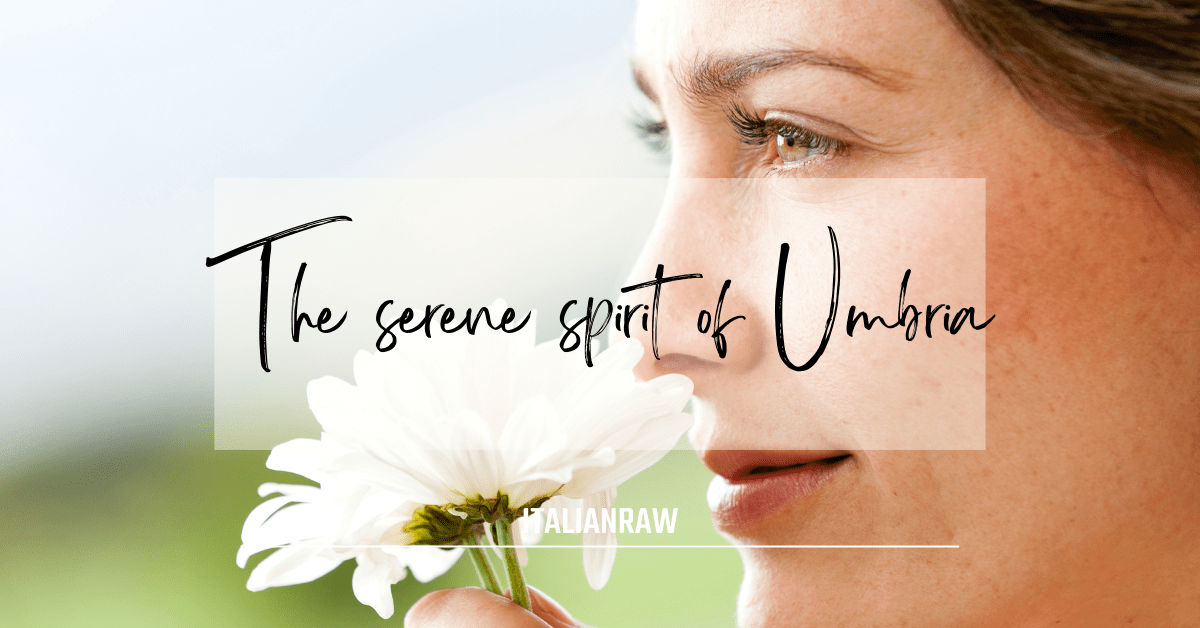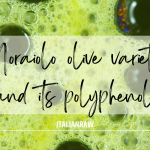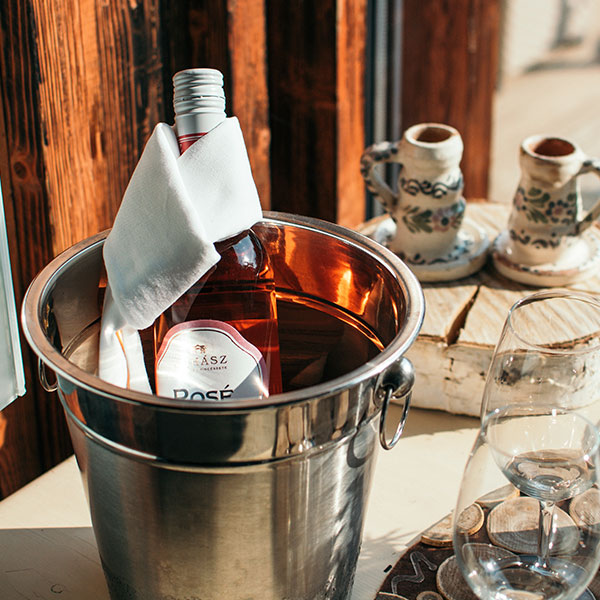
The Serene Spirit of Umbria: How Centuries of Franciscanism Shaped a Culture
Nestled in the heart of Italy, the region of Umbria is often overshadowed by its more famous neighbors: Tuscany, Lazio, and Marche. But those who venture into this verdant land quickly realize that it possesses a unique tranquility, a certain peacefulness that permeates every corner. At its core lies centuries of Franciscan influence, which has shaped the spirit and culture of its people.
The Franciscan Legacy
To understand the peacefulness of Umbria, one must first delve into the life and teachings of its most famous son, Saint Francis of Assisi. Born in the late 12th century, Francis embraced a life of poverty, humility, and service. His message was simple: love for all living creatures, a deep connection with nature, and a genuine commitment to peace. This wasn’t just a philosophical stance. The Franciscan order, which he founded, actively embodied these principles, setting up monasteries, helping the needy, and promoting peace. Over the centuries, this commitment has left an indelible mark on Umbria.
The Franciscan Legacy
COMMUNION WITH NATURE

Just as Francis spoke to animals and felt a deep connection with the natural world, the Umbrians have always shared a profound bond with their environment.
The rolling hills, dense forests, and serene lakes are not just a backdrop but an integral part of their daily lives.
This connection fosters a slower pace of life, one that values the simple pleasures of existence.
VALUING SIMPLICITY

In a world driven by materialism, the people of Umbria have always leaned towards a more simple, uncluttered life.
Influenced by Franciscan teachings, there’s a greater emphasis on experiences, relationships, and spiritual growth rather than material accumulation.
COMMUNITY AND BROTHERHOOD

The Franciscan monastic tradition underscored the value of community living.
This philosophy extends to the towns and villages of Umbria, where people place significant importance on family, community ties, and mutual support.
The Modern-day Impact of the Franciscan philosophy
Even today, as the world becomes increasingly globalized, the ethos of Franciscanism can still be felt in Umbria. While technology and modernity have inevitably made their mark, there remains a conscious effort to preserve the values passed down through generations. Travelers to Umbria often speak of the warm hospitality, the unhurried pace, and the palpable sense of peace. It’s a testament to the enduring power of Saint Francis’s teachings and a reflection of how deeply spiritual roots can influence a region’s character. Umbria’s tranquility is not just a product of its beautiful landscapes but is deeply rooted in its historical and spiritual lineage. Centuries of Franciscanism have cultivated a culture that cherishes peace, simplicity, and community and it serves as a gentle reminder to all of us in our hectic modern lives about the profound value of these timeless principles.
THE CASE OF CUCINELLI: IT’S NOT JUST BUSINESS.
An interesting example of the impact that this philosophy has exercised over the environment is well represented by the story of the Italian excellence of fashion and cashmere, Brunello Cucinelli.
As you visit the company website, you’ll read the following quote from Kant that summarizes the ethics of Cucinelli: “Beauty is the symbol of the morally good” I. Kant
Brunello Cucinelli’s life and work stand as a shining example of Umbrian moral values in action.
Cucinelli’s brand isn’t just about luxury fashion; it’s a reflection of his belief in a more compassionate and harmonious way of doing business. In a world where profit often takes precedence, Cucinelli’s dedication to ethical moral values is a refreshing reminder that success can be achieved without compromising on principles.
“Beauty is the symbol of the morally good”
I. Kant
BRUNELLO CUCINELLI: A story of honour and work values

In a world that often seems driven by profit and self-interest, there are rare individuals and companies that stand out as beacons of ethical integrity and moral values. One such example is Brunello Cucinelli, the founder of the eponymous luxury fashion brand Cucinelli. Hailing from the heart of Italy, Umbria, Cucinelli’s commitment to ethical principles and moral values not only defines his brand but also serves as an inspiration to us all.
Let’s delve into the essence of Umbrian moral values and how Cucinelli’s life and work exemplify them.
Umbria: The Cradle of Ethical Values
As explained in this article, Umbria is known for its picturesque landscapes, historic towns, and deep-rooted sense of community. Beyond its physical beauty, Umbria, as explored before, is characterized by a unique cultural and moral fabric that emphasizes values such as respect for tradition, harmony with nature, and a strong sense of community.
Brunello Cucinelli
Born in the small medieval town of Castel Rigone in Umbria, Brunello Cucinelli was deeply influenced by his upbringing and surroundings. The deep-rooted values of Umbria have played a significant role in shaping Brunello Cucinelli’s personal philosophy and the way he conducts his business. His family was not affluent, and Cucinelli grew up with an appreciation for the simple pleasures of life. This upbringing instilled in him the values of humility, hard work, and a deep respect for others, values that would later shape his business philosophy.
Cucinelli’s Incorporation of Umbrian Values:
Sustainability and Ethical Practices
Umbria, with its breathtaking landscapes and a culture that emphasizes living in harmony with nature, has instilled in its inhabitants a profound respect for the environment. This value is deeply ingrained in the Umbrian way of life, where people strive to maintain a balanced relationship with the natural world around them.
Growing up in this environment, Brunello Cucinelli developed a profound appreciation for the beauty and importance of nature. This upbringing left an indelible mark on his conscience. Consequently, when he established his luxury fashion brand, he was determined to integrate the principles of sustainability and ethical practices into every aspect of his business.
Cucinelli’s commitment to using organic materials, promoting responsible sourcing, and adopting eco-friendly production methods is a direct reflection of the Umbrian value of living in harmony with nature. He recognizes that a harmonious relationship with the environment is essential not only for the well-being of his business but for the planet as a whole.
Umbria is renowned for its strong sense of community and the importance placed on collective well-being. The Umbrian people take pride in supporting one another and preserving their cultural heritage.
For Cucinelli, his hometown of Solomeo is not just a place of origin; it’s a community that he deeply cares about. He has invested in the restoration of historic buildings in Solomeo, transforming them into a cultural and educational center. This investment in the local community is a testament to his commitment to the Umbrian value of community and social responsibility.
By revitalizing Solomeo and providing opportunities for education and cultural enrichment, Cucinelli not only honors his Umbrian roots but also creates a positive impact on the lives of those in his community. Brunello Cucinelli’s alignment with Umbrian values is evident in his dedication to sustainability, ethical practices, community support, and craftsmanship. His Umbrian upbringing has molded him into a business leader who understands that success can be achieved without compromising on principles, and his brand serves as a living embodiment of these cherished values.

Work ethic in Cucinelli’s Business: respect, value, integrity, life balance.
His idea of Humanistic
Capitalism and Human
Sustainability
HUMAN DIGNITY AND RESPECT
Born in the small medieval town of Castel Rigone in Umbria, Brunello Cucinelli was deeply influenced by his upbringing and surroundings. His family was not affluent, and Cucinelli grew up with an appreciation for the simple pleasures of life. This upbringing instilled in him the values of humility, hard work, and a deep respect for others, values that would later shape his business philosophy.
SUSTAINABILITY AND HARMONY WITH NATURE
Umbria’s lush landscapes have inspired Cucinelli’s commitment to sustainable practices. His brand promotes environmentally conscious fashion, using organic materials and prioritizing responsible sourcing and production methods. This reverence for nature echoes the Umbrian ethos of living in harmony with the environment.
COMMUNITY AND SOCIAL RESPONSIBILITY
In line with Umbrian values, Cuccinelli is deeply committed to giving back to his community. He has invested in restoring historical buildings in Solomeo, his hometown, and has transformed it into a thriving cultural and educational center. His actions showcase the importance of community and social responsibility, values deeply ingrained in the Umbrian way of life.
CRAFTSMANSHIP AND TRADITION
Umbria has a rich tradition of artisan craftsmanship, and Cucinelli’s brand celebrates this heritage. His clothing is known for its impeccable quality and attention to detail, which is a testament to his dedication to preserving the region’s traditional craftsmanship.










Leave a Reply